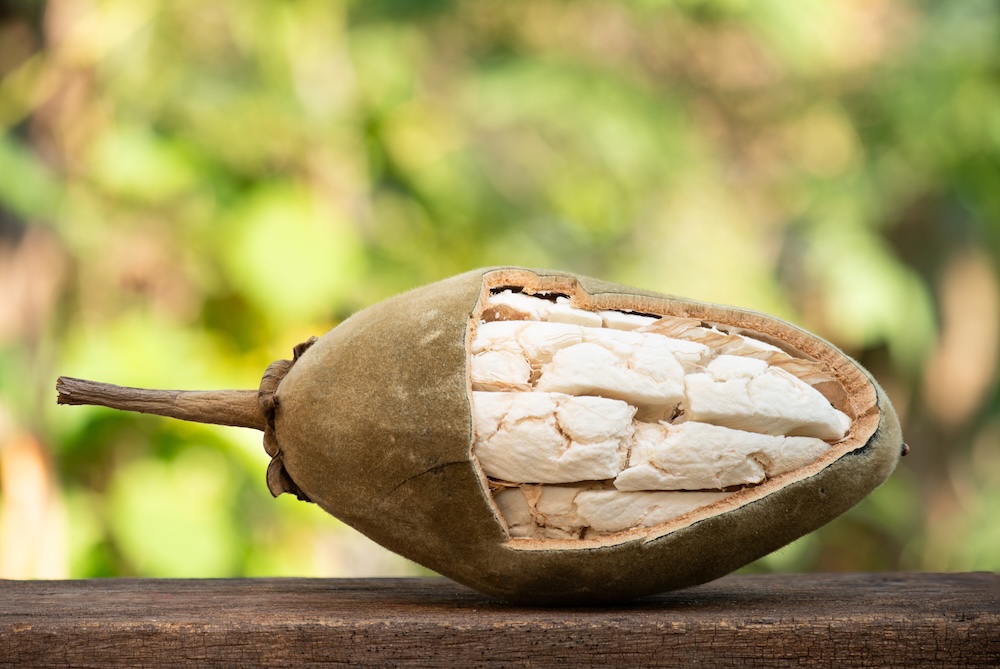What Are Minerals?

Minerals are essential nutrients that the body needs to function properly. Like vitamins, they are found in small amounts in food, but they have a significant impact on your health. Since the body cannot produce minerals on its own, maintaining a healthy and varied diet is crucial.
In this article, you’ll learn:
• What minerals are exactly.
• Why minerals are important for your health.
• The different types of minerals.
• Where to find minerals in food.
• When mineral supplements may be useful.
Minerals are essential nutrients found in small amounts in food. When required in very small amounts, they are also referred to as trace elements. Well-known examples include:
• Magnesium
• Iodine
• Iron
• Calcium
Each mineral plays a unique role in the body, such as supporting bone development, the nervous system, or oxygen transport in the blood. Without sufficient minerals, important bodily processes can become disrupted.
The Body Cannot Produce Minerals
Unlike some vitamins, your body cannot produce minerals. That’s why it’s necessary to obtain them through your diet or, if needed, via supplements. The required daily intake of each mineral depends on the type of mineral and your personal needs.
Minerals can be divided into two categories:
• Essential minerals: required for good health and have an established Recommended Daily Allowance (RDA).
• Non-essential minerals: such as boron, sulfur, and silicon; no specific RDA is set, but they may still play a role in the body.
Trace elements are minerals needed in very small quantities, but they are still crucial for health. They support functions such as enzyme activity, cell growth, and the immune system.
Examples of essential trace elements include:
• Iron: needed for oxygen transport in the blood.
• Iodine: important for thyroid function.
• Zinc: supports the immune system.
• Selenium: has antioxidant properties.
• Chromium, copper, manganese, molybdenum.
Minerals are naturally present in many foods. A varied diet is key to ensuring adequate intake.
Here are some examples per mineral:
• Iron: meat, spinach, legumes, whole grains
• Magnesium: whole grains, nuts, legumes, dark leafy greens, meat, dairy
• Calcium: dairy products, broccoli, kale, almonds
• Iodine: bread (via iodized baking salt), fish, seaweed
Note: In the Netherlands, iodine is naturally scarce in the diet. Therefore, it is added to baking salt, making bread a key source of iodine.
In some situations, it may be difficult to get enough minerals through food alone. In these cases, a mineral supplement can be a helpful addition.
Possible situations where extra mineral intake may be needed:
• Intensive exercise: increased loss of magnesium through sweat.
• Pregnancy: increased need for iron to support placental development.
• Unbalanced diet: deficiencies in various minerals.
• Medication use: some medicines affect mineral absorption or excretion.
• Chronic stress: stress increases the need for minerals like magnesium and zinc, which are involved in the nervous system and energy metabolism.
In such cases, dietary supplements can offer a practical solution. Always choose high-quality, natural supplements.

